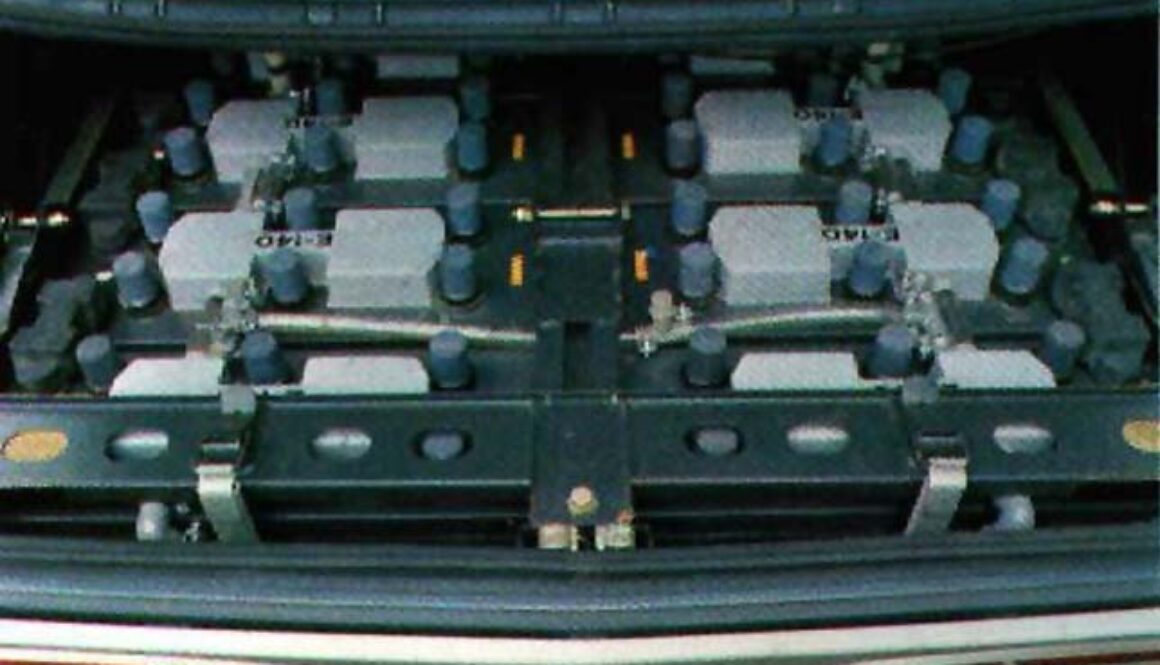The POST EV Life of a Battery
I am always concerned about the full life-cycle of any technology I am researching.
Although I am a huge proponent of EVs, thinking long-term, the one thing we have to worry about is what do we do with the batteries after their useful life in the EV. With conventional automobiles, the battery is one of the most toxic components in our car due to the lead and acid content. Given the toxicity, disposing of the dead battery is difficult without doing serious damage to the environment. We go through at least two batteries within the life of a car so this has always been quite a problem.
The lithium ion batteries that will be powering the new EVs and hybrids are said to have a useful life that will exceed the life of the vehicle, which means less batteries being used. Also many of the components can be recycled once the battery is dead, including the lithium which can be used again to make new batteries. In this article, the author describes the thinking that is taking place to plan the extended life-cycle of the lithium ion battery to serve other energy storage purposes, past the useful life of the car that it was manufactured for.
I definitely appreciate that there has been some forward thinking on this subject. Outside of the environmental consequences, there have been so many incidents in industry of companies designing products or facilities to produce those products, without taking into consideration that the end of life of their products and the by-products of producing their products have potential revenue sources. Any good industrial design or engineering school should definitely be teaching these bigger picture philosophies to avoid waste of our limited global resources.

